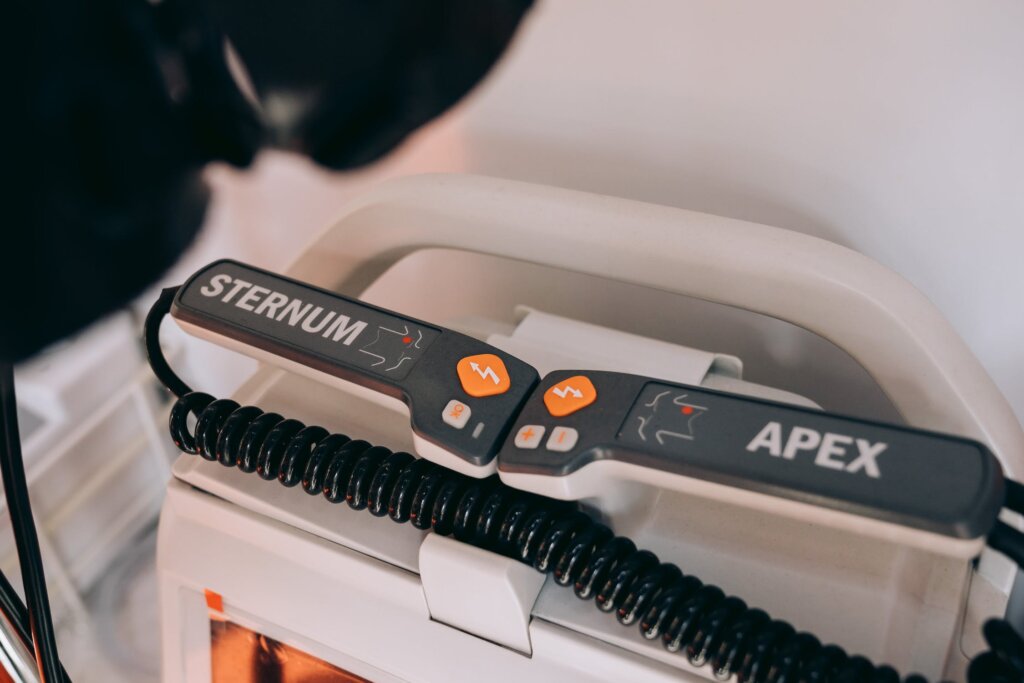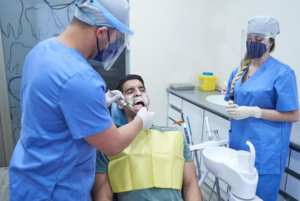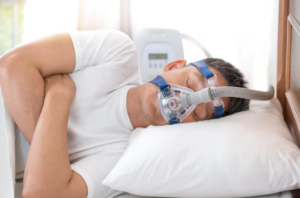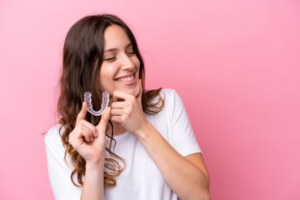
Let’s talk about something pretty serious, Automated External Defibrillators, or as they’re more commonly known, AEDs. They’re potentially life-saving devices that kick-start the heart when it suddenly stops beating. This is known as Sudden Cardiac Arrest (SCA), and it’s no small matter.
Think about this for a second, SCA is a leading cause of death in the United States. It takes the lives of over 350,000 people each year! And what’s even scarier is that most of these cardiac arrests happen at home. According to the SCA Foundation, that’s more than 70% of all cases. Do the math, and you’ll find out that every year in America, there are roughly 250,000 people who don’t survive because their heart stops beating at home before help arrives. For this very reason, having an AED at home isn’t just a good idea; it might be a lifesaver.
What exactly is an AED?
An AED is a compact, portable device designed to diagnose and treat SCA by applying electricity to the chest wall of a person experiencing cardiac arrest. In essence, this shock can “jumpstart” the heart, restoring a normal heartbeat.
While medical professionals use similar devices in hospitals, these devices, such as the Avive Connect AED™, are designed for use by anyone, anywhere. And when you consider this little device’s life-saving potential, the importance of having one at home becomes crystal clear.
Benefits of Keeping AED at Home
Cost-effective Lifesaver
As with any purchase, cost is often a determining factor when considering an AED for your home. However, the value of a home AED extends far beyond its monetary cost, considering its potential to save lives. For instance, considering the Avive AED price, it’s an affordable investment that can make the difference between life and death. This device gives you the power to intervene in an SCA situation before medical professionals arrive, a window that is often crucial to the patient’s survival. The cost becomes trivial when weighed against the potential of saving a life. After all, can you put a price on the safety and well-being of your loved ones?
Ease of Use
At first glance, using an AED might seem intimidating. However, modern AEDs have been carefully designed to ensure that anyone can use them, irrespective of their medical knowledge or expertise. User-friendly models, like the Avive AED, provide simple, step-by-step instructions, guiding the user seamlessly through the process of delivering life-saving treatment. Manufacturers have democratized these devices, ensuring they can be operated effectively by anyone, making them a critical resource during a cardiac emergency at home.
Accessibility and Convenience
The value of an AED at home can be distilled into two crucial components – accessibility and convenience. In the event of SCA, every passing moment is critical, and the nearest AED could be the difference between life and death. Having an AED at home means reacting swiftly and providing immediate treatment in those crucial first few minutes. It eliminates the time spent waiting for professional medical help to arrive, giving your loved one the best chance at survival.
Empowering Bystanders
AEDs are transformative devices that can change bystanders from mere observers to lifesavers. By having an AED at home, you equip yourself and those around you with the power to intervene effectively during a cardiac emergency. This empowering shift can have a profound impact on the outcome of an SCA episode.
Improving Survival Rates
Time and again, studies have shown that immediate access to an AED significantly increases survival rates in cases of SCA. Survival rates decline by 7-10% for every minute that passes without defibrillation. Conversely, the chance of survival leaps to over 50% when an AED is used within the first 3-5 minutes following cardiac arrest. These statistics alone spotlight the life-saving potential of having an AED at home.
Peace of Mind
The assurance of having an AED at home brings an often-overlooked benefit – peace of mind. There’s a certain comfort in knowing you’re prepared for an emergency, that should the unthinkable happen, you have the necessary equipment at hand. This mental relief, this assurance of being ready to protect your family, is one of the most meaningful benefits an AED at home can offer.
Community Impact
The ripple effect of having an AED at home extends beyond your immediate family. It could be instrumental in saving lives within your broader community as well. Whether it’s a neighborhood gathering, an unforeseen incident in your street, or a nearby public event, having an AED can make a world of difference while waiting for emergency services to arrive.
Training and Education
The concept of an AED might seem complex, but these life-saving machines are designed with the ordinary citizen in mind. They are intuitive, with voice prompts guiding users every step of the way. However, basic training and education about AED usage and CPR can be a significant advantage in a high-stress scenario. Many local community centers, healthcare providers, and online platforms offer AED training courses. Taking the time to learn these skills ensures that you can use your home AED effectively and empowers you with the confidence to react swiftly in a cardiac emergency.
Preparedness for All Ages
An important consideration about Sudden Cardiac Arrest is that it doesn’t discriminate. It can strike anyone at any age – from your adolescent child to an elderly grandparent. Having an AED at home prepares you to respond to an SCA incident affecting anyone in your household. Modern AEDs, like the Avive AED, come equipped with adjustable settings to deliver the appropriate level of shock for different age groups, ensuring safe treatment for all. This universal preparedness reinforces the role of an AED as an indispensable asset in every home.
Conclusion
AEDs are so critical as they play an invaluable role in potentially saving a life in the event of a Sudden Cardiac Arrest. Their ability to reset the heart’s rhythm could be the difference between life and death. Therefore, investing in an AED means investing in a safety net for you, your family, and potentially your community.







